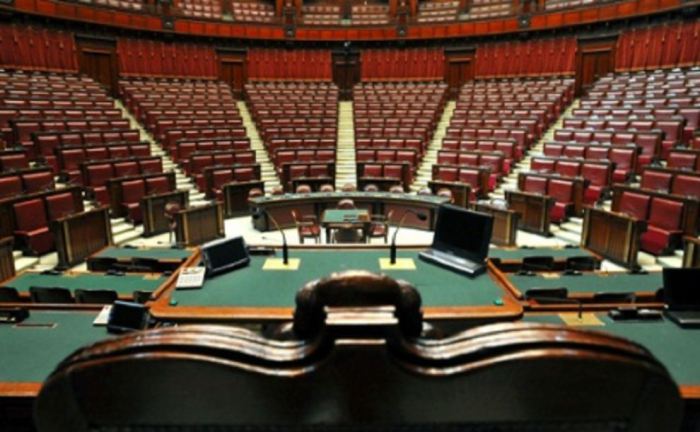A Short History of the Future of Elections
DOI:
https://doi.org/10.13135/2038-6788/10110Keywords:
David van Reybrouck, Democracy, Disenchantment of Elections, Elections, Elections Failures, Elections without Democracy, Lobbying, Monitory DemocracyAbstract
We live in times shaped by the conviction that periodic ‘free and fair’ elections are the heart and soul of democracy. Since 1945, when only a dozen parliamentary democracies were left on our planet, elections have come to be seen widely as the best way of forming good governments, sometimes even as a ‘timeless’ and non-negotiable feature of political life. Article 21 of The Universal Declaration of Human Rights, adopted in December 1948, famously set the standard: ‘The will of the people shall be the basis of the authority of government; this will shall be expressed in periodic and genuine elections which shall be by universal and equal suffrage’.
This is the global orthodoxy. Yet all’s not well in the house of elections; public fractiousness and political dissent are brewing. There are signs of rising citizen disaffection with mainstream ‘catch-all’ parties accused of failing to be all good things to all voters. Support for populist parties is rising. Experiments with ‘anti-political’, direct-action social networks are flourishing. In some quarters, voting is judged a worthless waste of time, money and energy. And more than a few democracies are shaped by what can be called the Philippines syndrome: a strangely contradictory trend marked by elections that come wrapped in intense media coverage and great public excitement mixed with bitter disappointment about the sidelining of elected governments by big banks, big money and the outsourcing of state functions to cross-border power chains. The feeling that elections are pointless manipulations by the rich and powerful finds its nadir in the whole phenomenon of ‘electoral despotism’ in Russia, China, central Asia and elsewhere: the use by oligarchs of periodic elections as an instrument for consolidating arbitrary power. These trends raise fundamental questions of global political importance: in spite of their declining importance in determining who gets what, when and how, do elections with integrity have a future? Do they still matter and, if so, is their rejuvenation, against formidable odds, now among the vital political imperatives of our age? Or are elections slowly losing their grip on democracy? Are they perhaps in terminal decline, or destructive of the spirit and substance of democracy? Is the universal belief in the universality of ‘free and fair’ elections a mid-20th-century delusion, a worn-out dogma now urgently in need of replacement by fresh visions and new democratic innovations fit for our times?


